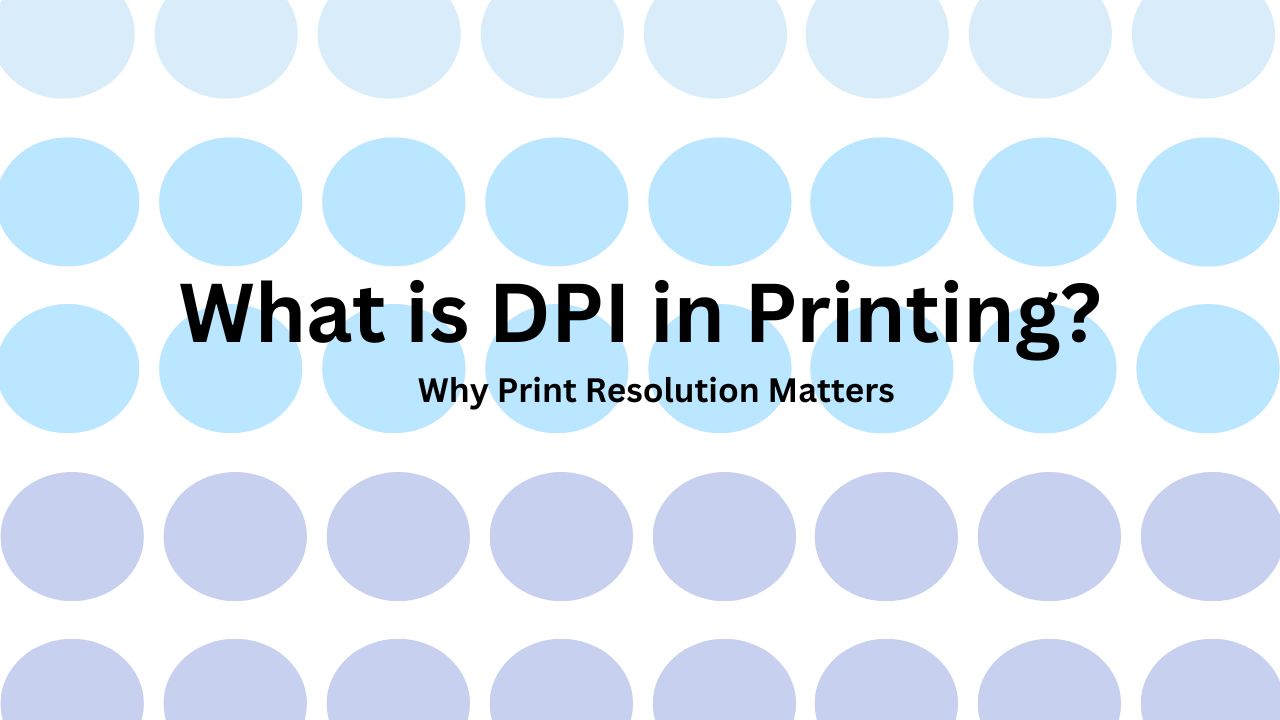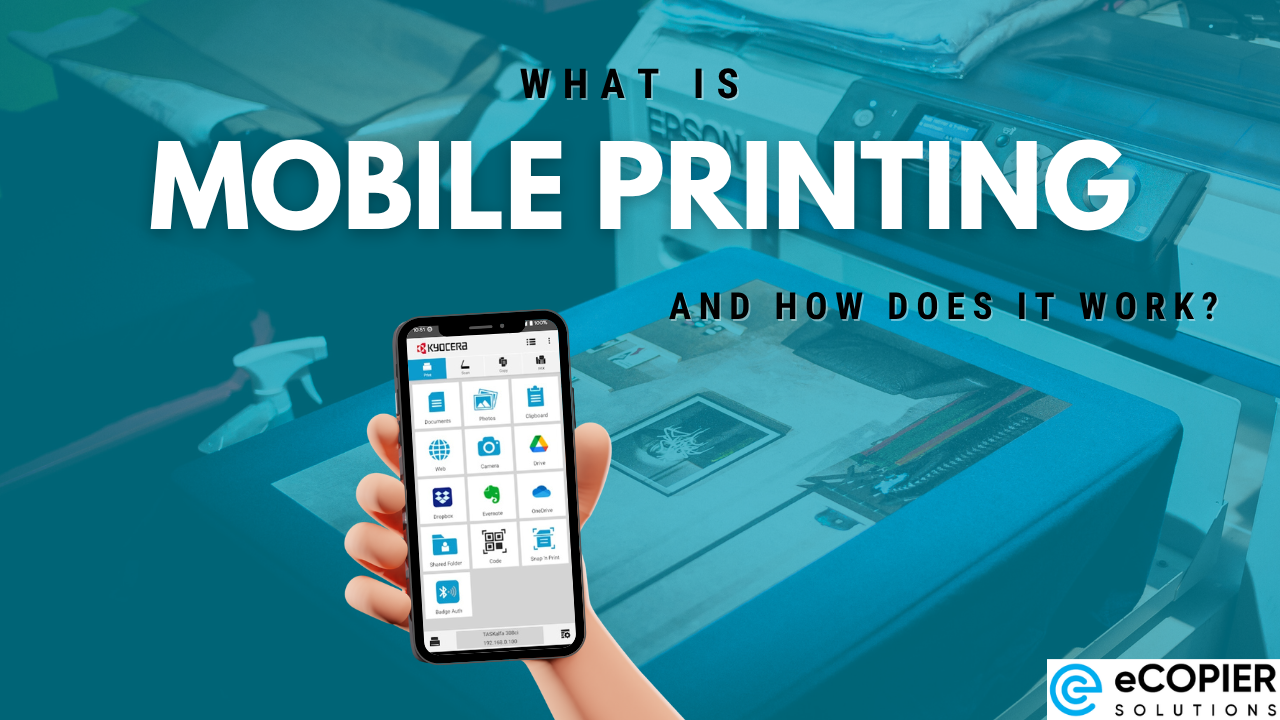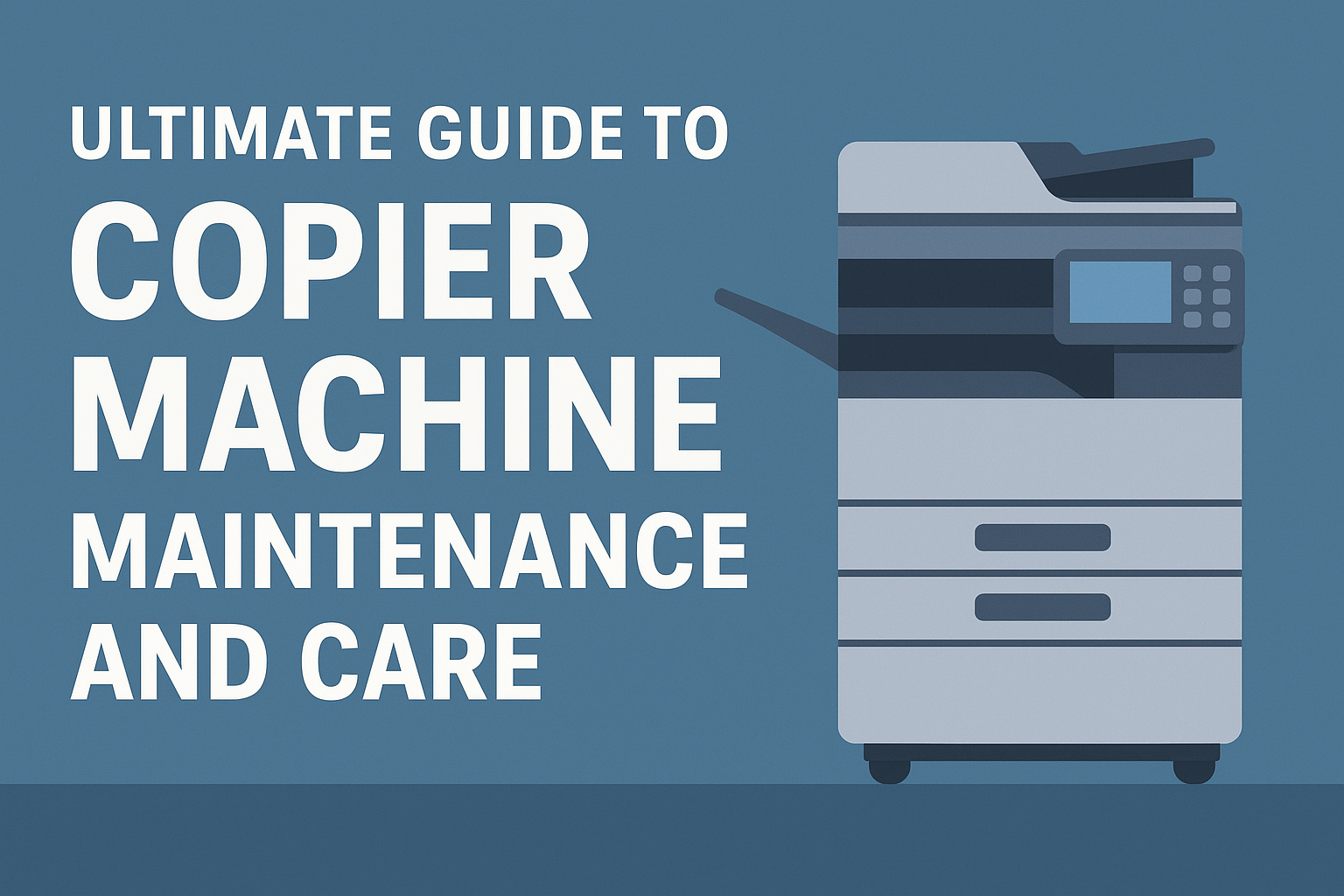Understanding Database Management
When it comes to database management, the proper handling of data is paramount for the smooth operation of any organization. Understanding the importance of effective database management and recognizing the key disparities between managed and self-managed databases are crucial aspects in optimizing data performance and security.

Importance of Proper Database Management
The proper management of databases is fundamental in ensuring data integrity, availability, and security. Efficient database management enables organizations to organize and retrieve data effectively, streamline business operations, and make informed decisions based on accurate and up-to-date information. Moreover, robust database management practices help in safeguarding sensitive data, complying with regulations, and minimizing the risk of data breaches and loss.
Key Differences between Managed and Self-Managed Databases

Understanding these fundamental differences between managed and self-managed databases is crucial in making informed decisions regarding database management options based on organizational needs, resources, and data security considerations. By recognizing the advantages and drawbacks of each approach, businesses can align their database management strategy with their specific requirements to optimize data performance and security.
Benefits of Managed Databases
When comparing managed vs self-managed databases, the benefits of opting for a managed database solution are significant. Managed databases offer convenience and efficiency, particularly in terms of setup, maintenance, automated backups, and updates.
Ease of Setup and Maintenance
One of the primary advantages of managed databases is the ease of setup and maintenance they provide. With managed database services, the complex task of setting up a database is simplified through automated processes and user-friendly interfaces. This streamlines the deployment process, allowing users to get their databases up and running quickly without the need for extensive technical expertise.
Automated Backups and Updates
Managed databases also excel in automating critical tasks such as backups and updates. Automated backups ensure that your data is regularly and securely backed up, minimizing the risk of data loss in the event of system failures or human error. Additionally, automated updates help keep your database system current with the latest patches, bug fixes, and security enhancements without requiring manual intervention.
In a table format, the benefits of managed databases can be summarized as follows:

By leveraging the benefits of managed databases, organizations can enhance their database management processes, increase operational efficiency, and focus more on leveraging data for strategic decision-making rather than getting bogged down by routine administrative tasks.
Drawbacks of Managed Databases
When considering the choice between managed and self-managed databases, it's essential to weigh the drawbacks associated with managed databases. While managed databases offer convenience and ease of use, they also come with certain limitations that may not align with the specific needs of every organization.
Limited Control and Customization
One of the primary drawbacks of opting for a managed database solution is the limited control and customization options available to users. Managed databases are typically designed to offer a simplified and standardized experience, which means that users have less flexibility to customize settings according to their unique requirements.

Potential Security Concerns
Another significant drawback of managed databases is the potential security concerns that may arise. While managed database providers implement security measures to protect data, users must rely on the provider's security protocols and may have limited visibility or control over the security mechanisms in place.

By understanding the drawbacks associated with managed databases, organizations can make informed decisions regarding their database management strategy. It's crucial to evaluate these limitations alongside the benefits to determine the best fit for the specific requirements and priorities of the business.
Advantages of Self-Managed Databases
In the realm of database management, self-managed databases offer distinct advantages that cater to users seeking more hands-on control and customization options. Let's explore the key benefits of opting for a self-managed database over a managed counterpart.
Full Control over Configuration
One of the primary advantages of self-managed databases is the unparalleled level of control they provide over configuration settings. Users have the freedom to tailor every aspect of the database environment to suit their specific needs and requirements. This level of control allows for fine-tuning performance parameters, optimizing resource allocation, and implementing custom configurations that align perfectly with the organization's unique setup.
Furthermore, full control over configuration empowers users to make real-time adjustments based on evolving demands, ensuring that the database remains finely tuned and responsive to changing workloads.
Flexibility for Customized Solutions
In addition to configuration control, self-managed databases offer a high degree of flexibility when it comes to implementing customized solutions. Users have the autonomy to integrate third-party tools, develop proprietary applications, and implement bespoke features that enhance the functionality of the database.
This flexibility enables organizations to address specific business challenges, innovate rapidly, and create tailored solutions that align perfectly with their operational workflows. By embracing the freedom to customize the database environment, users can unlock the full potential of their data infrastructure and drive strategic decision-making with precision.
In essence, the advantages of self-managed databases lie in the ability to exert full control over configuration settings and leverage unparalleled flexibility for implementing customized solutions that elevate the database performance and align seamlessly with the organization's strategic objectives.
Disadvantages of Self-Managed Databases
When it comes to self-managed databases, there are certain drawbacks that need to be considered before opting for this approach. These disadvantages include higher maintenance requirements and the responsibility for security and compliance.
Higher Maintenance Requirements
Self-managed databases typically require more hands-on maintenance compared to managed databases. Users are responsible for tasks such as software updates, performance tuning, and troubleshooting technical issues. This can be time-consuming and may require a dedicated team with expertise in database management.

Ensuring the smooth operation of a self-managed database necessitates regular monitoring and proactive maintenance to prevent downtime or performance issues. Without proper attention and expertise, the database's performance and reliability may be compromised.
Responsibility for Security and Compliance
Another disadvantage of self-managed databases is the increased responsibility for security and compliance measures. Users must implement robust security protocols, including access controls, encryption, and regular security audits, to protect sensitive data from unauthorized access and potential breaches.

Furthermore, self-managed database users must stay abreast of evolving security threats and compliance requirements to ensure that their database meets industry standards and regulations. Failure to adequately address security and compliance concerns can lead to data breaches, regulatory penalties, and reputational damage.
By understanding the challenges associated with self-managed databases, organizations can make informed decisions regarding their database management approach. It is essential to weigh these disadvantages against the advantages of self-managed databases, balancing factors such as control, customization, and resource allocation to determine the most suitable option for their specific needs.
Making the Decision
When navigating the choice between managed and self-managed databases, there are several factors to consider to ensure that you opt for the most suitable option for your database management needs. This decision-making process involves weighing the pros and cons of each approach and evaluating how well they align with your specific requirements.
Factors to Consider When Choosing Between Managed and Self-Managed Databases
To make an informed decision between managed and self-managed databases, it's essential to assess the following key factors:

By analyzing these factors, you can gain a clearer understanding of the implications of choosing between managed and self-managed databases. Each factor plays a significant role in determining the level of control, maintenance requirements, security considerations, and scalability options associated with your chosen database management approach.
Finding the Right Fit for Your Database Needs
Ultimately, the decision between managed and self-managed databases hinges on finding the solution that best suits your unique database requirements. Consider the size and complexity of your database, your team's technical expertise, budget constraints, and specific compliance or security obligations when making this decision.
It's crucial to conduct a thorough assessment of your current and future database needs to determine whether the convenience and support of a managed database outweigh the customization and control offered by a self-managed approach. By aligning your database management strategy with your organization's goals and resources, you can ensure a smooth and effective database operation that meets your business objectives.
Evaluate your priorities, assess the trade-offs, and select the database management solution that not only addresses your immediate needs but also accommodates future growth and development. Your decision between managed and self-managed databases should be informed by a comprehensive understanding of your database environment and strategic objectives.
Sources
https://www.digitalocean.com/resources/articles/managed-vs-self-managed-databases
https://www.crystaldb.cloud/blog/post/self-managing-databases-vs-managed-database-services
https://www.rapydo.io/blog/aws-rds-vs-self-managed-databases-a-comprehensive-comparison





.jpg)

























